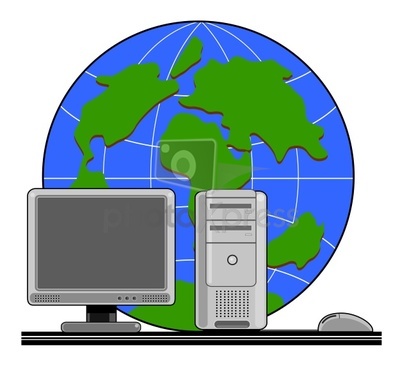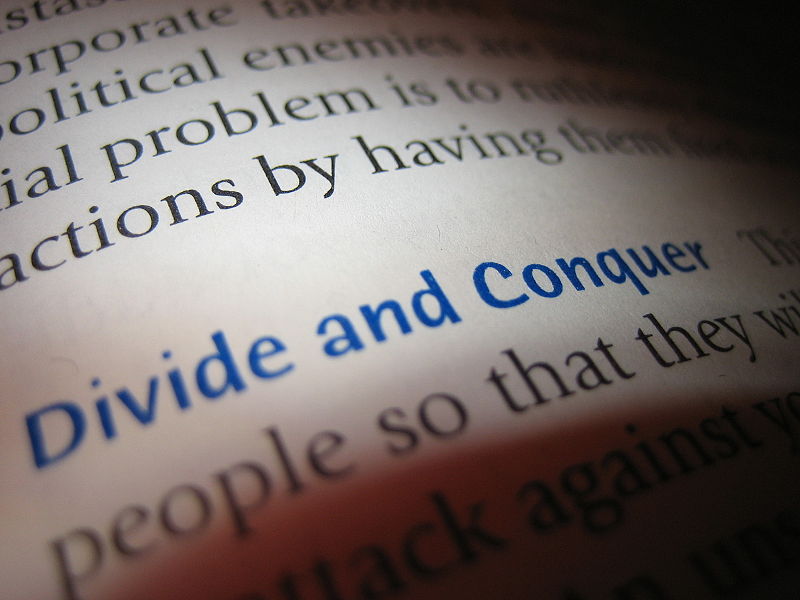Technology & Innovation
All Stories
A critical look at the chiefs of Microsoft, Yahoo and Cisco, and some reflection on the strategic glaucoma that can hamper tech CEOs.
Family and friends were at first freaked out by Alan Martin’s idea of a text book rental service. “But it didn’t take long before we realized something pretty big was happening.”
Okay, maybe you should read this. You’ll learn about triggers and why compulsions are not choices and rarely lead to positive outcomes. “Whatever you feel compelled to do, don’t.”
An example of how serendipity can spur reinvention, if you recognize and seize it. Model railway company Hornby outsourced to China and ended up with an unexpected new market.
We often lack the critical skills necessary to do the right thing because of overconfidence in our own moral compasses, Nitin Nohria tells Big Think.
Companies hoping to harness geothermal energy were creating small but potent earthquakes while drilling through surface rock until a Connecticut company found a solution.
As if gearheads did not already have reasons aplenty to hate electric vehicles, adding insult to injury, research suggests that electric cars might actually make a profit for their owners.
Eric Schmidt, Google’s executive chairman, has said that the search giant would not build a database capable of recognising individual faces even though it is increasingly possible.
The working class job of tomorrow is going to be a digital job. The American economy can’t stay afloat and the workforce stay working unless we teach kids digital technology.
Environmental impact is often forgotten in the stampede to get the latest tech-toy. Apple has been accused of making it hard to fix or upgrade its latest iMacs. Should you care?
Is this a fair starting point for global agreement on responsible use of cyberspace? Obama wants world computer security standards with penalties for countries that fall short.
Antenna that act like spotlights, tracking a device once they locate it, instead of radiating in all directions, like light bulbs, could form the basis for future smart cities.
Traditional management’s goal is to make money for shareholders and managers aim to control individuals. Radical management aims to delight customers and enable teams.
Muhtar Kent, the chairman and chief executive of Coca-Cola, says that the single thing that keeps him up at night is arrogance. Humility and listening to stakeholders are key, he says.
In a radical new vision, Google has set out its contempt for computing as we know it, says Matt Warman. Its new laptop declares Windows a failure and the Internet the future of computing.
Microsoft has bought Skype for $8.5 billion in an all cash deal, and the biggest winner could actually be Facebook. Why?
Hardcore pirate, morally persuadable, legally unaware and mere music sampler. These were Lime Wire’s user categories, as revealed in the hearing involving founder Mark Gorton.
American consumers are inordinately willing to take a gamble on new products and it’s thanks to them that the U.S. regularly produces huge successes like Dropbox.
Why have so many advertising dollars left traditional news media and what can, and should, journalists do to bring them back? A Columbia University report has some advice.
Speculative pricing of the world’s commodities is driving up the cost of everything from copper to wheat—while financial firms make billions in profits, it spells disaster for the world’s poor.
China’s rising wages are propelling global prices higher, heralding the possible end of an era of cheap goods just as the U.S. prepares to meet Chinese officials and push for faster yuan appreciation.
You’ve probably never heard of them, yet they’ve changed your life, says Frederick E. Allen of the latest innovators inducted into the National Inventors Hall of Fame.
All most people need to throw in the towel is a tinge of anger, humiliation, panic, rejection, stress, frustration, hurt, pain, jealousy, sorrow, or anguish. True leaders persevere.
Slowly but surely, outsourced computing power and an abundance of data storage has researchers looking to the cloud for resources to help them tackle tough logistical problems.
Larry Flynt is a pioneer of pornography, who has seen it all, and he speaks to Big Think (See the exclusive video) about the nature of truth and the burden of proof in our society today.
As the Big Three—Google, Bing, and Yahoo—make subtle changes to their search algorithms, a new crop of search engine upstarts are rethinking what it means to search altogether, with the hopes of transforming your relationship to information.
Porn stars aren’t paid nearly as well as mainstream celebrities. As it turns out, this discrepancy has little to do with the way the porn industry operates and everything do with monopolies created by copyright protection.
In case we needed more evidence, digital publishing is not just here to stay but growing at an impressive rate, as notes Richard Mollet, chief executive of the Publishers Association.
Try to sue their pants off? Ignore it? Hope your fans defend you? Here one business-owner shares how they turned a competitor’s online attack into an advantage.
Wikileaks founder Julian Assange warns that Facebook is the “most appalling spy machine ever invented.” But businesses complain it is too hard to search its data.





























